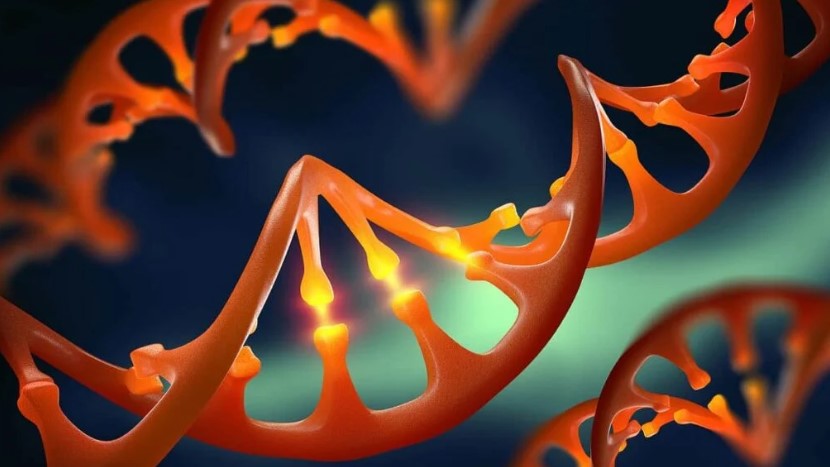Novel ELIP research published in Pharmaceutics

Research from the Department of Internal Medicine, published in Pharmaceutics, and titled “Efficient Gene Editing for Heart Disease via ELILP-Based CRISPR Delivery System,” explored a novel approach for efficient gene editing in heart disease treatment through the use of echogenic liposomes (ELIP) as carriers for CRISPR/Cas9 complexes.
One of the primary challenges in cardiovascular gene therapy is the effective delivery of genetic materials into cardiomyocytes. To address this, researchers employed ELIP containing a fluorescein isothiocyanate-labeled decoy oligodeoxynucleotide against nuclear factor kappa B (ELIP-NF-κB-FITC).
In both in vitro experiments with murine neonatal ventricular myocytes and in vivo trials on murine hearts, the efficacy of gene delivery was assessed, with and without ultrasound. Results showed that while ELIP-NF-κB-FITC alone exhibited limited gene delivery, the addition of ultrasound significantly enhanced penetration into heart cells and tissues, indicating improved efficacy.
Additionally, the study investigated the delivery of Cas9-sg-IL1RL1 RNA using ELIP and found successful gene editing further augmented by ultrasound. This innovative strategy demonstrates promising potential for heart disease gene therapy utilizing CRISPR technology. By overcoming the barrier of efficient gene delivery, particularly into cardiac ells, the study highlights the significance of ELIP-based CRISPR delivery systems in advancing cardiovascular gene therapy, offering new avenues for targeted treatment approaches in heart disease management.
UTHealth Houston Heart & Vascular members from the Department of Internal Medicine involved in the study include Xing Yin, PhD, research scientist; Romain Harmancey, PhD, associate professor; Shao-Ling Huang, MD, PhD, associate professor; David D. McPherson, MD, professor, vice president for clinical and translational sciences, James T. and Nancy B. Willerson Chair, and Francine J. and Frederick M. Pevow, MD Chair of Internal Medicine; and Melanie Moody, MS.